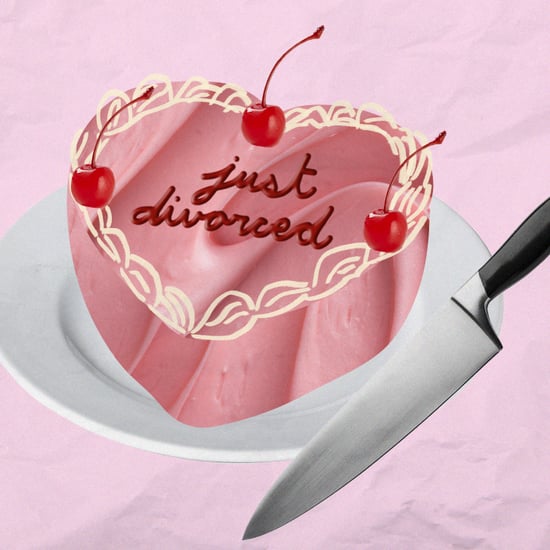How to Help Your Relationship After Miscarriage
7 Ways to Help Your Relationship After a Miscarriage
This post written by Lianne Avila was originally featured on YourTango.

Anger is a natural feeling to have.
The dreaded news, that you didn't want to hear — a miscarriage. Yes, this really happened to you. Maybe, this was your first time being pregnant.
The first stage is, "I can't believe this is happening to me." This is actually exactly how you should feel. There is nothing wrong with your feelings.
Now, the anger is setting in, "WHY?! WHY?! WHY?!"
Anger is a natural feeling to have after miscarriage. Everyone has it. Allow yourself to feel your feelings. You can't sweep everything under the carpet.
You ask yourself, "What could I have done differently?" This is a normal question to ask after a miscarriage. It's important not blame yourself or others for a miscarriage. It's natural to want to place blame, but in the long run, this will only make things worse.
This is also known as the grieving process.
I have found that after a miscarriage, your relationship can grow stronger or it can make it worse. Sure, you have had problems. But, the question is, do you want this to help create a stronger bond between you and your partner? And, do you want to try again?
Here are 7 ways to help your relationship after a miscarriage:
1. Make a commitment to healing together.
Everyone heals differently and at a different pace. If you need some time for yourself then take it. If you choose to work extra hours at the office to heal, then go for it. Just don't overdo it.
It's important that you both heal before you decide if you want to try again.
2. It's alright to cry.
This is also known as emotional transparency. This is important in a relationship. There must be safety in the relationship for this to happen.
This means you express empathy towards your partner when expressing an emotion, even if it's not the way you would express an emotion.
3. Don't turn to substances for support.
I know you are in pain. But, going out and getting wasted won't change anything. And, it could actually make things worse.
If you find you can't stop, then it's time to seek professional help.
4. Talk to each other about it.
For some, this is difficult. You fear it will be a difficult conversation, or that it will bring up bad memories. Something we have found in therapy is that talking about it is helpful. It's when you don't talk about it, that you stay stuck.
If it helps, write out what questions you have for your partner or what you would like to say.
5. Breathe in, breathe out.
Take it one day at a time. I know you want the pain to stop, but it won't happen overnight. Take a few days off from work or go away for the weekend.
You need to give your body and your mind time to recover. Even if it's just 10 minutes of deep breathing, take some time for yourself.
6. Stop worrying about what others think.
If you want to talk about with friends and family, then give yourself permission to do so. And, if you don't, then give yourself permission to not. You don't have to return anything if you bought some stuff. If it's too hard to see it, then go ahead and return it.
Don't base your decisions on what others think you "should" do.
7. Accept that your relationship might not be strong enough to make it after a loss like this.
Maybe, your partner wasn't there for you the way you needed him to be there for you. This may make you realise how different the two of you really are. All relationships go through ups and downs. What's important is how you recover. This also means you have a good understanding of one another's inner world.
If you aren't there by now, you may never get there. Don't look at it as quitting. Look at it as having a better understanding of what your needs are in a relationship.
If you'd like, this can be a time to develop a deeper understanding of one another. It's also a time to review your priorities. Make sure you have some conversations about it. Talk about how you feel about it and what you would like to do, moving forward.
Lianne Avila is a Marriage & Family Therapist, in San Mateo, CA. She has helped many couples grieve a miscarriage and come out on the other side. For more information, please visit Lessons For Love.
More from YourTango:
- 4 Common Relationship Problems That Happen After You Have a Miscarriage
- I Blamed Myself For My Miscarriage
- The Devastation of Having a Miscarriage While Your Friend Has a Baby






